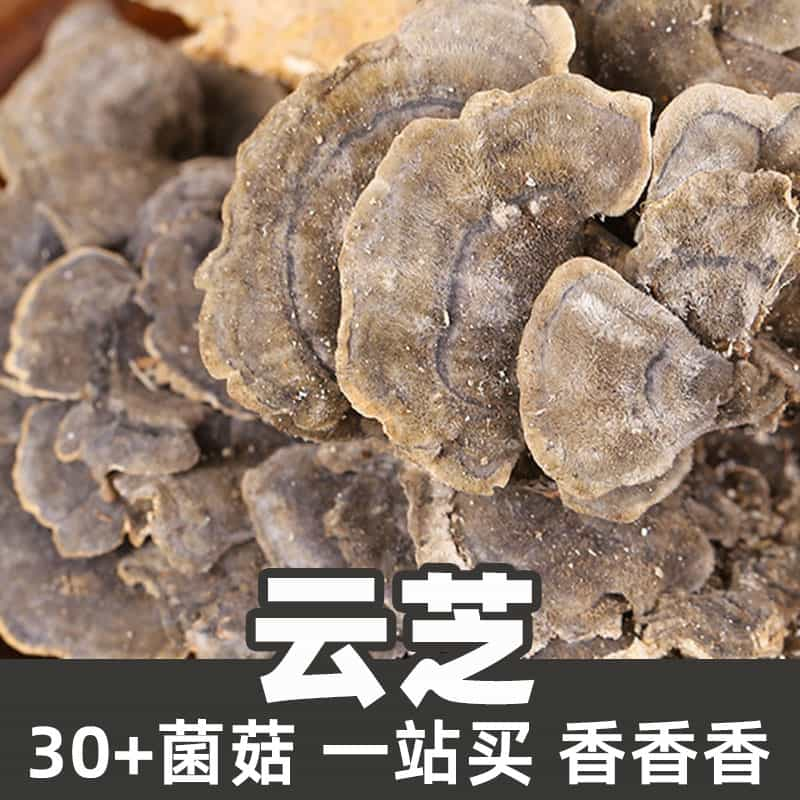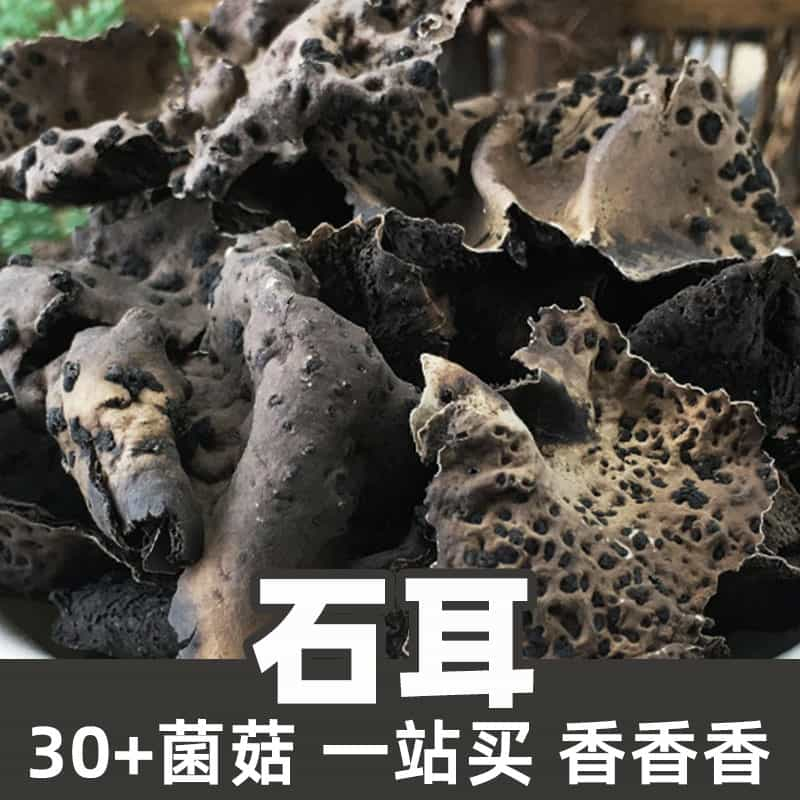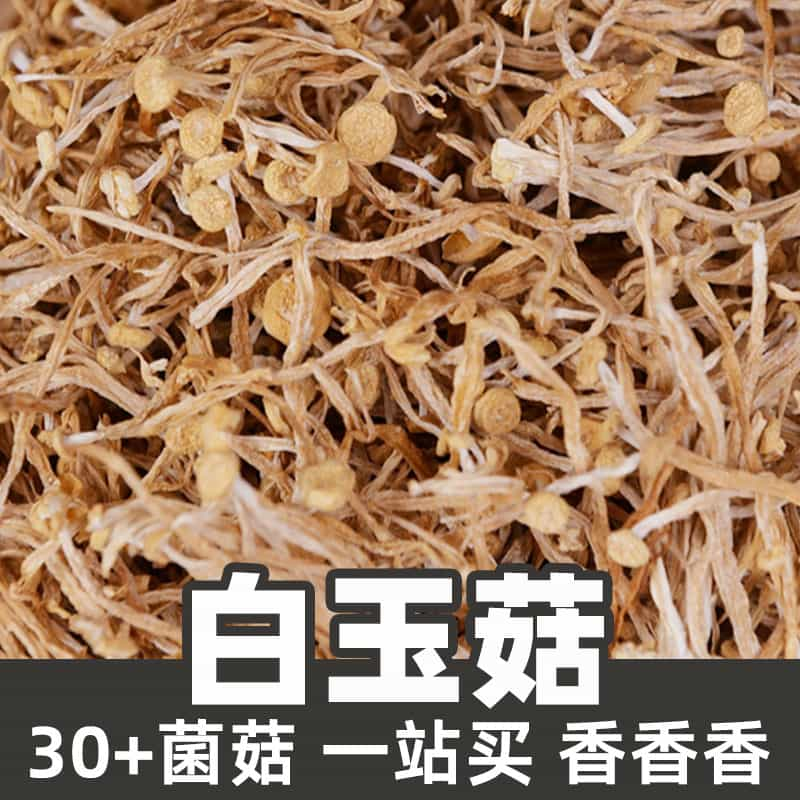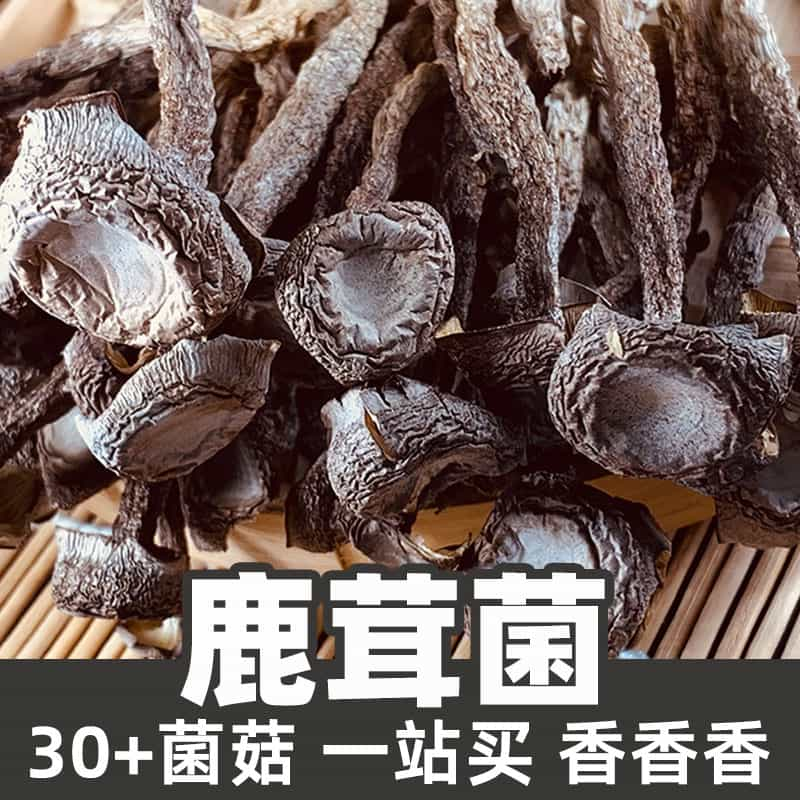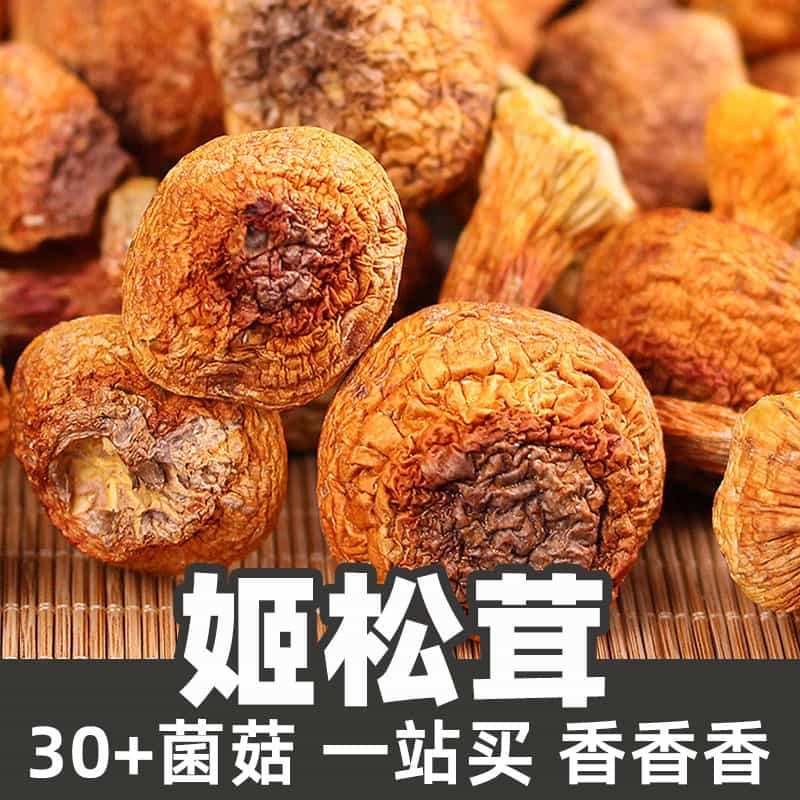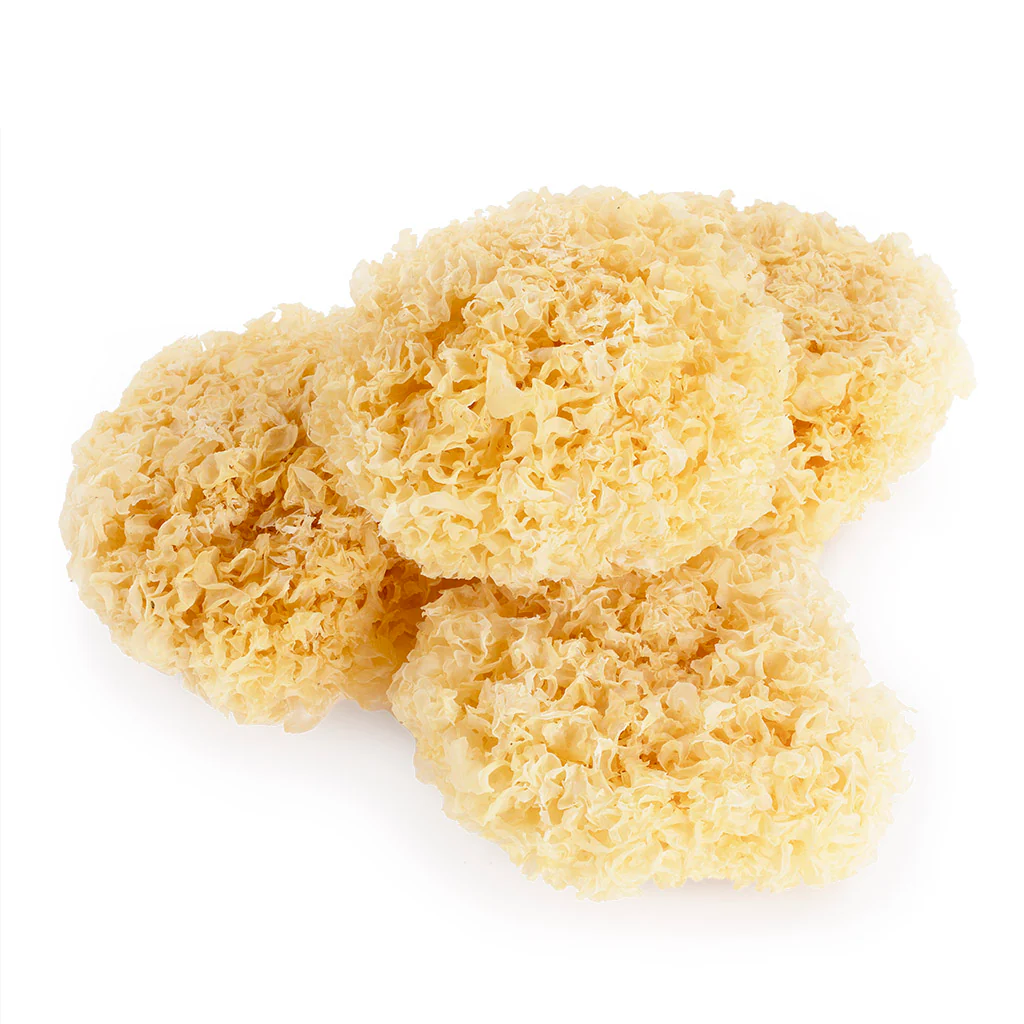Crab mushrooms, also known as King Oyster mushrooms, hold a significant place in both culinary and nutritional realms. Native to Mediterranean climates, they are commonly found across Europe and Asia. With a meaty texture and mildly sweet flavor, they serve as a popular ingredient in various cuisines worldwide, especially in Asian dishes where they are often stir-fried or grilled. The name "crab mushroom" reflects its seafood-like taste, making it a favored substitute for crab meat in vegetarian and vegan recipes. Beyond their culinary applications, crab mushrooms offer various health benefits. They are rich in vitamins, minerals, and bioactive compounds that contribute to overall well-being. These mushrooms have been utilized both fresh and dried in different forms to suit cooking preferences.
The nutritional composition of crab mushrooms is particularly remarkable, as they contain vital active ingredients and compounds. They are a rich source of polysaccharides that provide energy, support immune function, and have anti-inflammatory properties. Additionally, crab mushrooms are high in protein, offering essential amino acids required for various bodily functions. Vitamins B and D found in these mushrooms contribute to energy metabolism and support bone health. Furthermore, they contain trace minerals such as selenium and copper, which play significant roles in antioxidant defense and metabolism. The presence of ergothioneine, a unique antioxidant, adds to its health-promoting properties, making them an excellent addition to a balanced diet. These mushrooms are low-calorie, making them suitable for weight management, and their fiber content supports digestive health.
Crab mushrooms have myriad applications in the culinary world. They are often used in stir-fries, soups, and stews, showcasing their ability to absorb flavors while retaining their firm texture. Many chefs incorporate crab mushrooms into risottos, pasta dishes, and sushi, elevating the dish with their distinct umami flavor. These mushrooms can also be grilled or roasted, enhancing their natural taste and texture. In vegetarian and vegan cooking, crab mushrooms are frequently employed as a meat substitute, providing a satisfying chewiness that mimics the experience of eating seafood or meat. A variety of dishes, from tacos to salads, benefit from the unique qualities of crab mushrooms, making them versatile and appealing to a range of tastes. Additionally, they can be dried for long-term storage, allowing their flavor to enhance dishes year-round.
Crab mushrooms thrive in a diverse range of environments, originating primarily in subtropical and temperate regions. They are typically found in open woodlands, grasslands, and near the bases of perennial plants, such as wild celery. The species favors sandy or loamy soils enriched with organic matter, which supports its growth. Geographic distribution extends across Southern Europe, Asia, and North America, where cultivation has become increasingly popular due to their culinary value. Commercial farming of crab mushrooms has gained traction, allowing for year-round availability. These mushrooms flourish in controlled environments, where humidity and temperature can be regulated, mimicking their natural habitat. Understanding their growth conditions and preferred substrate for cultivation helps maximize yield and flavor quality, providing a reliable source for both local and global markets.
Harvesting crab mushrooms requires careful attention to ensure flavor and texture are preserved. They are typically harvested at maturity, characterized by a firm cap and sturdy stem. Hand-harvesting is common to minimize damage to the mushrooms and surrounding mycelium. After harvesting, the mushrooms are cleaned gently to remove any substrate or debris. Processing often involves washing and cutting, depending on their intended use. For preservation, crab mushrooms can be stored fresh in a refrigerator but have a limited shelf life. Alternatively, they can be dried or pickled to extend their usability. Dried mushrooms retain much of their flavor and can be rehydrated for use in various recipes. Proper handling and storage techniques are essential to ensuring that the quality of crab mushrooms is maintained, providing consumers with a delicious and nutritious product.
Monica Sun is a seasoned expert in the natural raw materials industry, with over a decade of experience specializing in traditional Chinese medicinal herbs, spices, and fungi. She is skilled in the sourcing, processing, and application of these materials, emphasizing sustainability and innovation. Monica Sun has contributed to the development of high-quality natural raw materials that serve as essential components in functional foods, pharmaceuticals, and cosmetics, delivering tailored solutions to meet diverse market needs.









